Message from the Ombudsman

Dr. Niall Muldoon
Ombudsman for Children
Covid-19 has changed everything. It is therefore unsurprising that the pandemic has greatly influenced my Annual Report for 2020.
2020 Childhood Paused details how the work of the office has been influenced by the pandemic, the complaints we received, and the initiatives we have undertaken to ensure that children’s views are represented at every level. It also outlines other important projects that started before the outbreak of Covid-19 and which I am proud to say were completed in 2020, despite the difficulties presented.
2020 was a devastating year for children – they were described as vectors and blamed for transmission. Children were seen as carriers, children were not welcome in public places. Schools closed, sports facilities closed, music, art and other hobbies came to an abrupt halt. Children couldn’t see family or eachother. All the rites of passage - Communion, Confirmation, Debs, Graduation, and things that make childhood fun, were taken away.
Our most vulnerable children and young people have been at the sharp end of the pandemic as risk factors sored and the number of children vwho contacted us increased. While we were all told to stay at home, home is not a safe space for every child as the increase in domestic violence incidents in 2020 illustrates. Incidents of possible abuse that may have been missed, delayed or undetected are of concern to me. The number of child protection referrals we received in 2020 (often received as part the complaints process) dropped significantly. The number of such referrals received up to May 2021 already exceeds the total number for 2020.
During 2020 children themselves were picking up their phones and calling us about their worries and concerns as they watched various Ministers (Education, Health, Children) on podiums announcing decisions that will shape their young lives. The U-turns and constant speculation compounded their anxiety, leaving them feeling exposed and unheard.
The speculation around the cancellation of the Leaving Certificate was of particular concern and this report shows that yet again education made up the bulk of our complaints in 2020.
We heard heart-breaking stories of children with additional needs regressing and the turmoil the uncertainty caused. Children were grappling with the digital divide and they worried about parents who had lost their jobs as the pandemic wreaked havoc on the economy.
The political landscape in 2020 proved difficult to navigate as an inconclusive election and prolonged government formation talks led to a caretaker Government who had to stem the tide of the pandemic in the first half of the year. Children’s issues risked slipping further down the agenda.

The Department of Children and Youth Affairs came under threat in May with suggestions it would be subsumed into other departments. This would have led to an abdication of responsibility and accountability when it came to upholding children’s rights at a pivotal time. The retention of the Department is a vital success for children’s rights, and I am hopeful that the new department will offer a path to fully integrate children’s rights into the fabric of the state governance structure. There should never again be any doubt that a Department for Children should exist – if the pandemic proved anything it is that Government needs to mainstream the rights of children and have them at the fore when a crisis hits.
It is one of the great privileges of my job to be able to travel the length and breadth of the country to events and meetings with children and young people to learn about their views and opinions on issues. However, the pandemic called a halt to this. I look forward to getting back out on the road when restrictions allow and also welcoming children back to our office for workshops and events.
In February 2021 I was reappointed to serve a second term as Ombudsman for Children. I am extremely honoured and privileged to continue in this role for another six years and I am acutely aware of the responsibility I have to children at this particular time in our history. As we begin to plan now for life post-Covid, my priority as Ombudsman for Children, will be to ensure that the rights and needs of children are considered and planned for. We know that there are immediate and very significant problems that will have to be dealt with – long waiting lists for essential services, an increase in mental health referrals, reduced services for children with disabilities and special needs, ongoing disruption to education, increased child protection referrals and much more.

C.S. Lewis said “You can’t go back and change the beginning but you can start where you are and change the ending”. In that vein, I feel strongly, that dealing with these issues alone is a failure to maximise children’s potential. A return to normal for many children in Ireland is simply not good enough. We must take this once in a generation event and make long lasting changes. Changes which will reap positive rewards for generations of children to come. We need to ask ourselves how we want children in Ireland to live and to be treated.
A child who is thriving and developing in a safe, warm and healthy home setting will be on a continuous upward trajectory. They will be improving, growing and achieving on an ongoing basis – so they are never paused! However, those who experience disadvantage or vulnerability are living a stop-start life and need much more state support to thrive and reach their potential. Poverty is at the heart of so many issues affecting children and it is here where I feel real and long-lasting changes can be made.
Like most organisations, the operations and running of the Ombudsman for Children’s Office have been completely changed by Covid-19.
Since March 2020, our worlds have been turned upside down. For many of our staff, kitchens became offices and schools, as we adapted to keeping our services up and running during the pandemic. I am immensely proud of the work carried out by the great team at the OCO during this difficult time. I want to thank all of them for the huge effort they put in to keep our service delivery at a high standard despite so many barriers being placed before us via the pandemic. I look forward to continuing to work with them on behalf of children in 2021 and beyond.
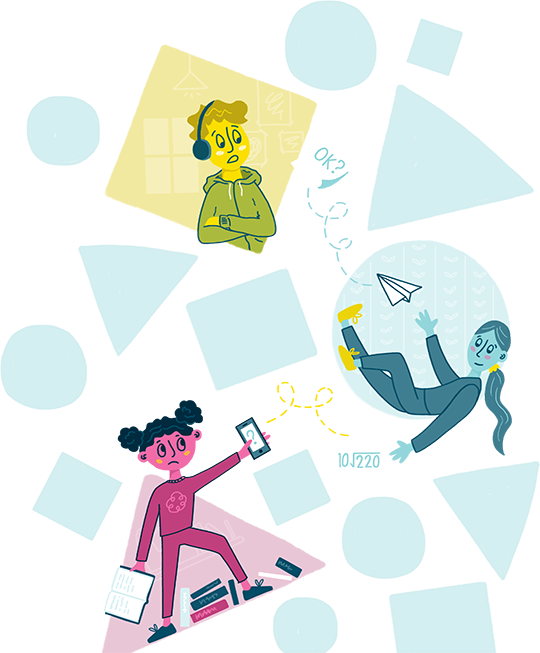



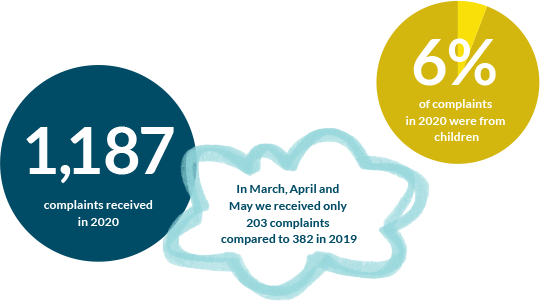
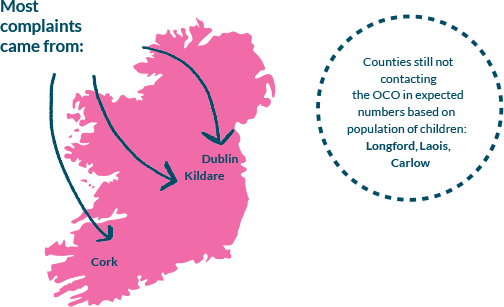
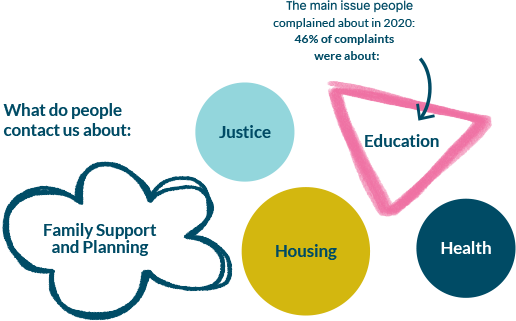
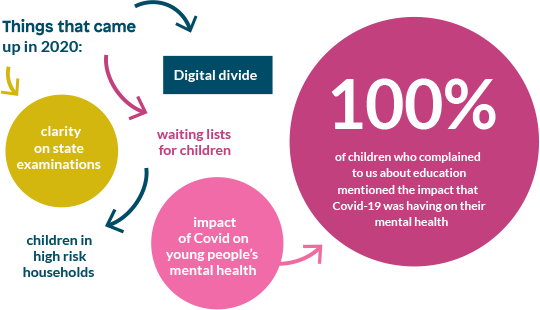

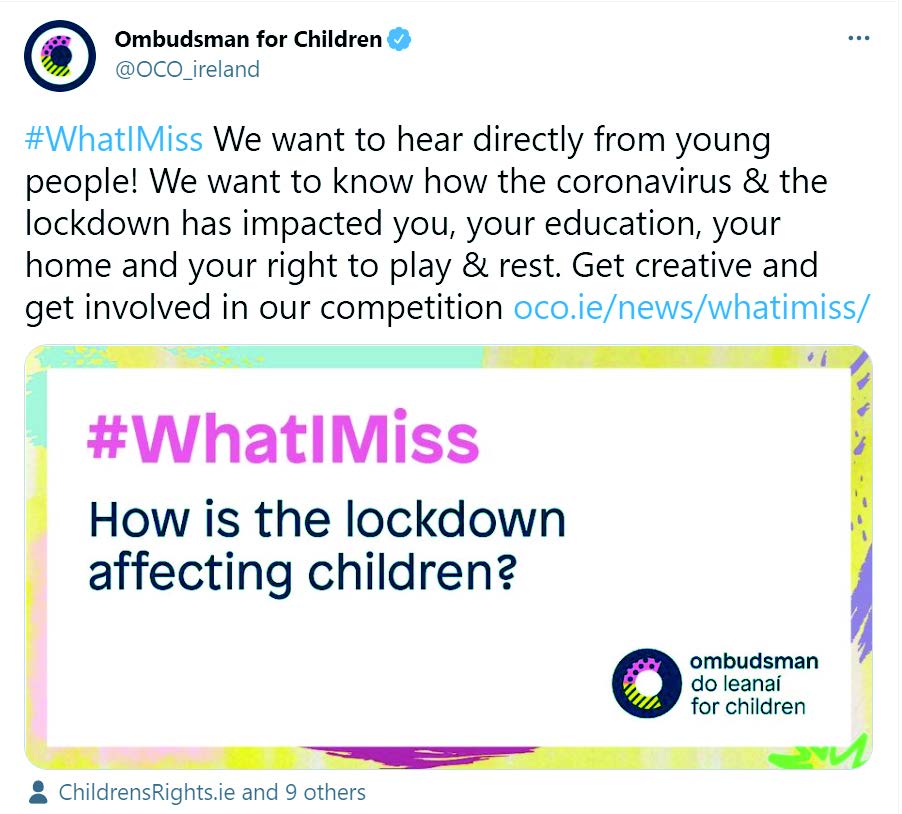
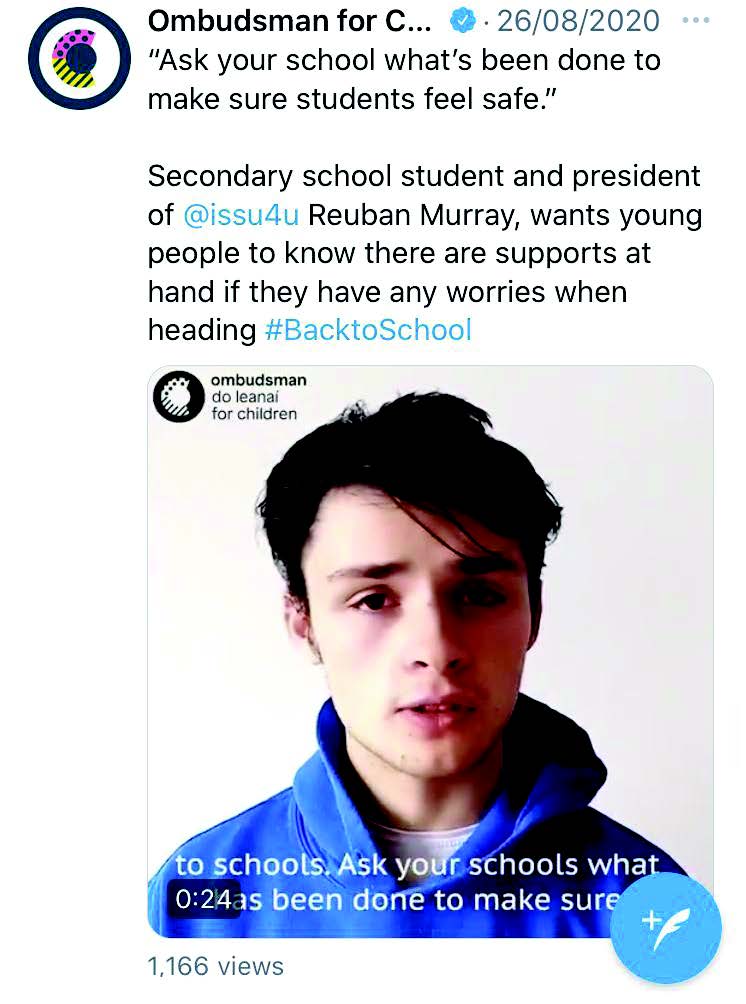
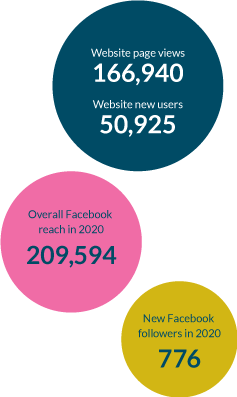
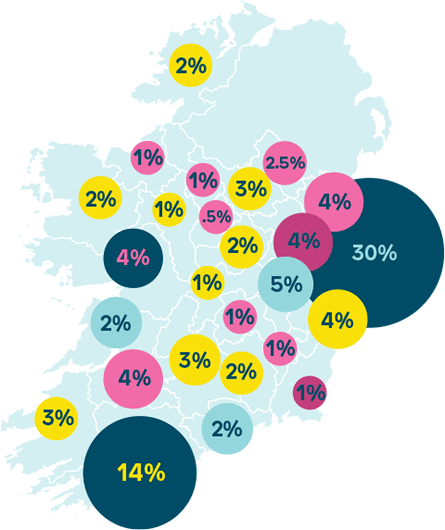
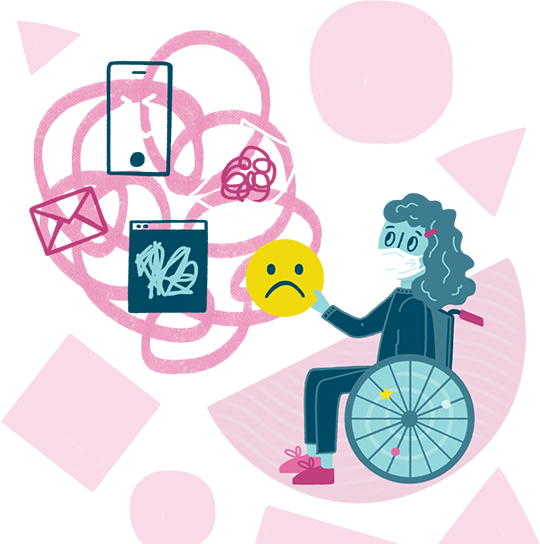
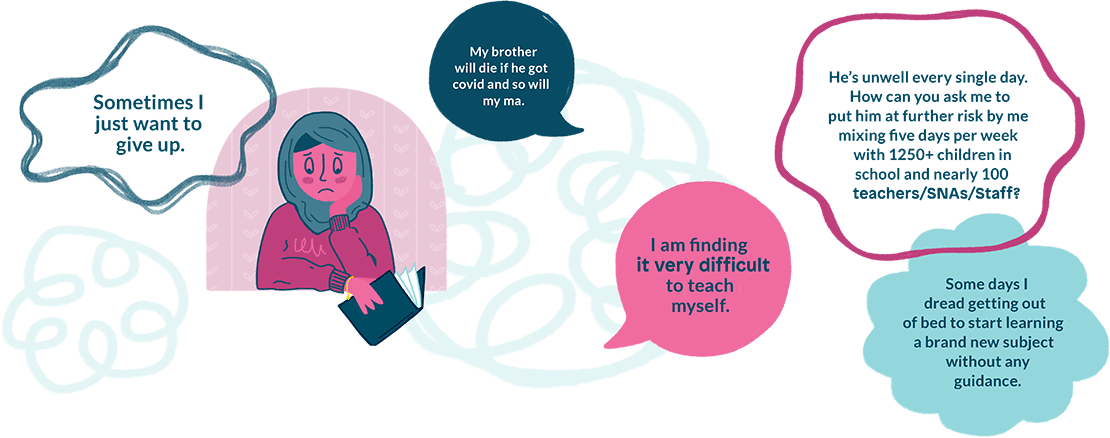
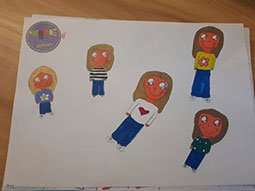
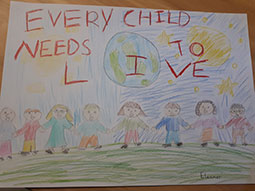
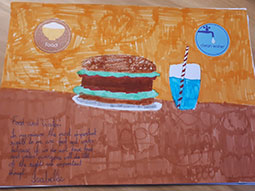
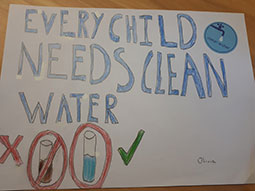


 Research on children’s right to be heard through social and digital media
Research on children’s right to be heard through social and digital media The Financial Statements are subject to audit by the Comptroller and Auditor General. The audit of the 2020 accounts will take place in early Quarter 2 of 2021, and will be conducted by the Comptroller and Auditor General. In accordance with Section 17 (2) of the Ombudsman for Children Act 2002, the draft Financial Statements for the year ended 31st December 2020 were submitted for audit by the Office of the Comptroller and Auditor General by 31st March 2021.
The Financial Statements are subject to audit by the Comptroller and Auditor General. The audit of the 2020 accounts will take place in early Quarter 2 of 2021, and will be conducted by the Comptroller and Auditor General. In accordance with Section 17 (2) of the Ombudsman for Children Act 2002, the draft Financial Statements for the year ended 31st December 2020 were submitted for audit by the Office of the Comptroller and Auditor General by 31st March 2021.